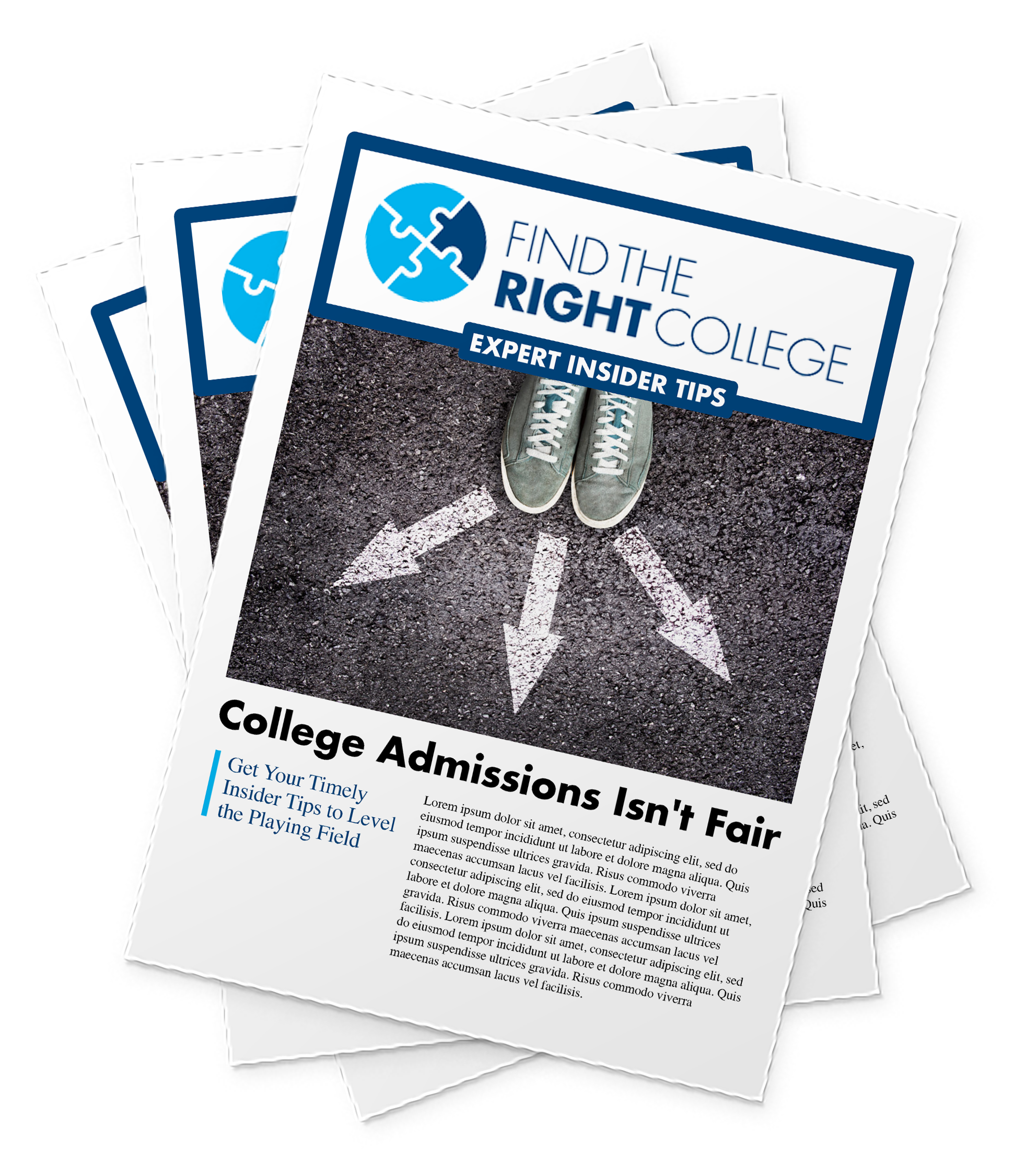You know the following 5 trends* impacting teens. You feel them as a high school student. Or, you worry about them as a parent.
At a recent professional conference I attended, a speaker introduced 5 mental health trends impacting teens’ lives today.
- Depression, stress and anxiety diagnoses and challenges are on the rise
- Trauma impacts learning and behavior
- Budget cuts are reducing staff and school counseling teams
- Teen suicide rates are climbing
- Behavioral problems are expanding
Most likely, at least one of these 5 trends represents challenges you deal with today, because they broadly permeate current high school and college campus experiences. The prominence of these trends is so pronounced, I recommend that everyone heading to college consider them as a part of their college search and enrollment process.
Why?
First of all, we all thrive as learners when we are also thriving socially, spiritually and physically. In today’s world, it can be challenging to set up a lifestyle where you get plenty of sleep and exercise, have mental rest from stimulation, develop deep and meaningful relationships, and set aside time for spiritual growth and wonder. However, those are the things that keep young adults, grounded and ready to tackle the challenges and stressors presented in the college environment. Colleges and universities that foster a culture of valuing the holistic wellness of their students will help make sure that students are attending to all factors that contribute to their success, not just the academic ones. Check out the departmental philosophies and innovative programming solutions these schools have employed to keep students holistically healthy instead of just making good grades.
Secondly, the period of post-secondary transition is the time when teens become adults in American society. They leave home, decide on a career or future plan, and choose friends and romantic partners to rely upon instead of or in addition to their family. One scholar (Arnett, 2006) has identified this period of “emerging adulthood” (ages 18-25) as a prolonged period of time where young adults go through Erickson’s well-known “identity crisis” – an intense exploration of personal values, beliefs, and goals. The length of this phase, intensity of the changes within it, and obstacles that can be in place to attaining necessary goals leaves this population vulnerable to spikes of depression and feelings of loneliness, despair, anxiety, or frustration. This is also a time when issues of equity can be prominently on display, leaving students with fewer resources even more vulnerable to such feelings, and with less access to pathways leading to financial stability, job placement, or other opportunities needed to establish a successful future.
Finally, authentically attending to a student’s needs and asking yourself key questions in the college process ensures a greater probability that the student will complete a college degree. Sadly, I’ve seen too many students focus only on getting into an elite college, without considering whether it’s the right fit. The result of a bad fit – students floundering in environments where they were not able to be successful.
Too often, I have worked with students facing legal charges, academic probation, social isolation, and mental health challenges at schools that were not supporting them in the ways they needed. While the big party school, or the big name school, or the faraway school might have a glamorous appeal, they may not provide what a student needs in a community. This can lead students to have bigger problems on their hands. My advice is – be brutally honest with yourself before making the final choice about how peers will influence you, what you need to feel supported, and what your wellness vulnerabilities are, and make your choice accordingly. You want to go to and through college, right?! The 6-year graduation rate for full-time undergraduates is only 60%. Set yourself up as well as you can to be in that group!
In my next blog, I will address how students can do research that helps them find this fit for holistic health and give recommendations for making your mental health a part of your college search.
*Trends noted during NACAC National Conference in September 2019.
Arnett, J. J. (2006). Emerging Adulthood: Understanding the New Way of Coming of Age. In J. J. Arnett & J. L. Tanner (Eds.), Emerging adults in America: Coming of age in the 21st century (pp. 3-19). Washington, DC, US: American Psychological Association.
Nicole has dedicated the entirety of her 20 year career to encouraging higher education opportunities. After graduating from Vanderbilt, she worked in her alma mater’s admissions office. The, she completed her PhD in Counseling so she could bring that expertise into college counseling. Nicole partnered with her former Vanderbilt colleague, Fitz Totten, to form Find The Right College and support their mission to make trustworthy advising more accessible.



